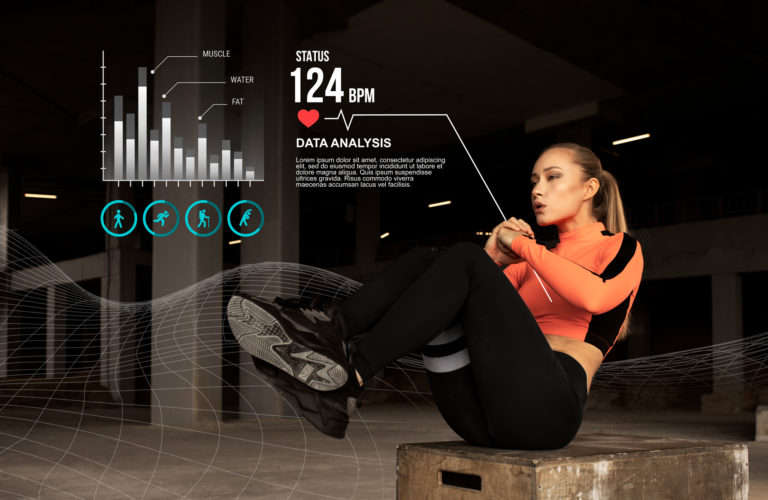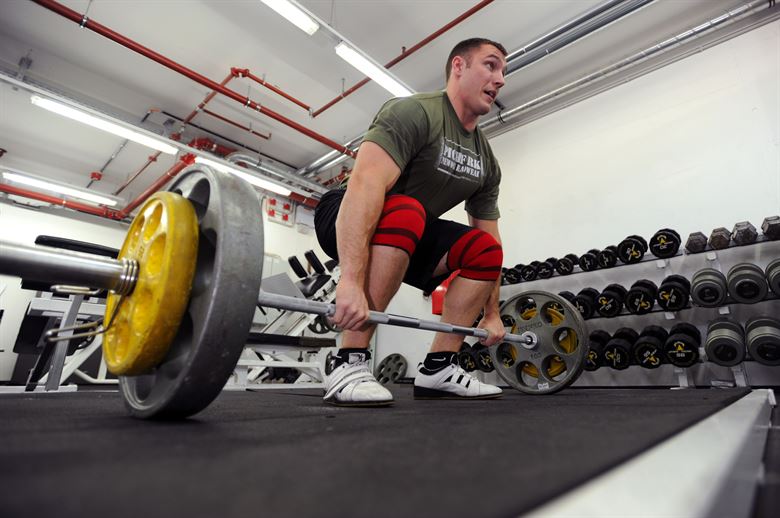Artificial Intelligence (AI) has permeated various aspects of our lives, from facial recognition on our mobile devices to personalized internet search results. Unsurprisingly, AI is now making inroads into the fitness industry, offering both opportunities and challenges. In this article, we delve into the world of AI in fitness, discussing its applications, pros, cons, and the role it plays alongside personal trainers.
What is AI and How Does It Work?
AI, short for artificial intelligence, refers to machine-driven intelligence capable of learning from data and making predictions. AI relies on algorithms and data sets to identify patterns and enhance prediction accuracy over time.
Pros of AI Technology
AI offers several advantages, including reduced human error, the ability to perform repetitive tasks, and improved user experiences by predicting behaviors and offering tailored solutions. It enhances precision and accuracy in various domains, including fitness.
Cons of AI Technology
Despite its advantages, AI has its limitations. Biased or incorrect training data can affect the accuracy of predictions. Additionally, AI lacks the human touch and understanding of personal motivations and emotions.
How AI Can Be Used in Fitness
While AI has its shortcomings, it can be a valuable tool for personal trainers. Here are some ways AI is being used in the fitness industry:
Human Pose Estimation Technology
Trainers can use AI to analyze clients’ posture, helping them adjust exercises for better results by mapping the skeletal system.
Wearable Technology
AI-powered wearables provide real-time data during training sessions, enabling trainers to assess and improve clients’ performance based on metrics like heart rate and physical activity.
Intelligent Clothing
Smart fitness clothing embedded with technology offers real-time feedback on the body’s response to exercise, helping users monitor their performance and alignment.
AI-Powered Footwear
Footwear companies are incorporating AI to enhance performance, from increasing walking speed to optimizing athletic shoe fit.
AI Assistant
AI applications assist with administrative tasks, such as transcribing notes, sending messages, and making calls, allowing trainers to focus more on clients.
Generative AI
Generative AI helps create content, including text, images, and videos, which can be useful for fitness professionals in content creation.
AI Fitness App Options
For personal trainers, AI is easily accessible through various fitness apps. Here are some AI-powered fitness applications:
- Aaptiv: Offers audio and video exercise routines led by certified trainers.
- ALFA AI: Measures and analyzes exercise form in real-time, providing advice for improvement.
- FitBod: Provides personalized workout plans based on fitness levels and available equipment.
- FitnessAI: Offers personalized training plans based on analytics from millions of workouts.
- Gymfitty: Creates customized exercise routines and monitors performance in real-time.
- JuggernautAI: Designed for strength training, it creates customized programs based on user goals.
- Tempo: Provides AI-guided workouts in a smart home gym, offering immediate feedback on form.
- Tonal: Offers progress tracking and uses customized metrics to help users reach their fitness objectives.
Incorporating AI Technology into Your Fitness Business
To integrate AI into your fitness business, consider using human pose estimation for assessing clients and wearable devices for real-time performance monitoring. Fitness apps powered by AI can provide clients with personalized workout plans. AI assistants can handle administrative tasks, freeing up more time for client engagement.
AI is a valuable supplement to personal training, enhancing the precision and efficiency of fitness programs. However, it cannot replace the essential human touch and understanding that personal trainers provide. AI is a tool to aid trainers in delivering better results and personalized fitness experiences to their clients.


